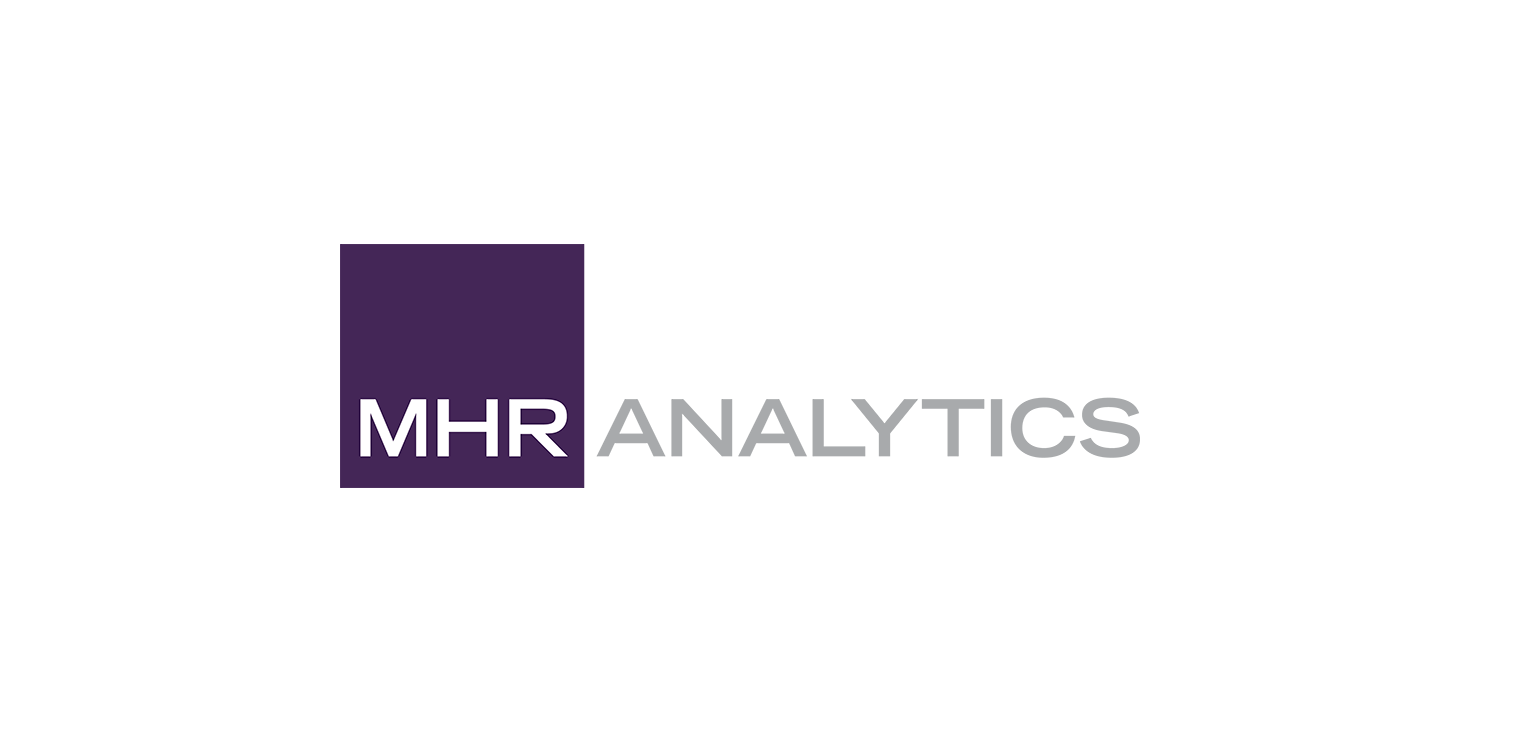BofA Launches 401k Pay: Comprehensive Solution...
- 17.11.2025 08:55 am
Yeeld And WealthKernel Team Up To Simplify Money...
- 01.10.2025 09:15 am
British AI Firm To Lead Risk Analysis For Emerging...
- 30.09.2025 02:00 pm
Access PaySuite Launches AI-Powered Income Management...
- 19.09.2025 12:55 pm
Zuora Expands Partnership with Workday to Simplify...
- 29.08.2025 09:45 am
Brentford Extend Partnership With PensionBee
- 22.07.2025 11:05 am
Mynt Partners With Nordea To Bring Full‑Feature SME...
- 22.07.2025 10:55 am
Paychex And SoFi At Work Join Forces To Expand...
- 18.07.2025 04:45 pm
Clover Enhances All-In-One Platform With Homebase,...
- 15.07.2025 02:45 pm
Corpay Launches Corpay Complete As Disconnected...
- 15.07.2025 07:05 am
Flexys Partners with CU Share to Transform Member Debt...
- 03.07.2025 03:15 pm
Spendesk Becomes First Profitable Spend Management...
- 26.06.2025 10:10 am






















